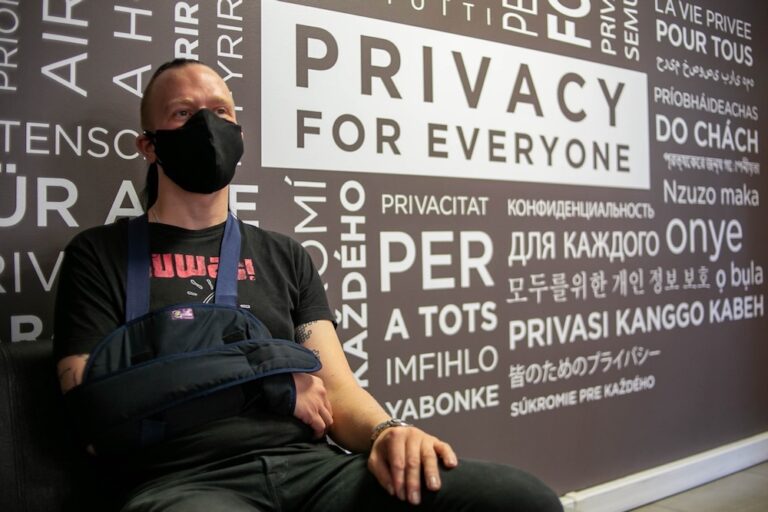The incident took place as journalist Pavel Calahorrano was taking photographs of a group of youths that were sprayed with teargas by the officer.
(IPYS/IFEX) – On 10 February 2010, Pavel Calahorrano, a photojournalist for the “El Comercio” newspaper in Quito, was assaulted by a police officer who also tried to seize his camera.
The incident occurred while the journalist was taking pictures of a group of youngsters who were sprayed with teargas by the police officer, who wanted to prevent them from playing in a water fountain.
The police officer ordered the reporter to stop taking photographs. Even after Calahorrano identified himself as a journalist, the officer kept hurling insults at him and told him to hand over his camera. When the reporter refused to so, the officer hit him in the leg and knocked him to the ground.
The assault ended when people began to gather and a second police officer arrived and helped Calahorrano get up, while asking him to leave the area.
The newspaper is considering the possibility of launching legal action against the journalist’s assailant.
IPYS and FUNDAMEDIOS condemn the actions against Calahorrano and demand that officials in the police department speak out against the officer’s abuse of authority.
In a separate incident, on 13 February, Carlos Víctor Morales, sports commentator for TV station Canal Uno and radio station Tropicana, was prevented from entering the Monumental Stadium – Banco Pichincha, in Guayaquil.
According to reports, Ximena Crespo, the soccer team’s public relations manager, said that the measure was ordered by the directors of Barcelona – one of the stadium’s owners – at the request of its president, Eduardo Maruri, because of the journalist’s criticisms of the management and the players that, according to the club, are unfounded.
The journalist told IPYS and FUNDAMEDIOS that the incident is an infringement of freedom of information. He denied that he had defamed the sports club. According to Morales, his reports on the soccer club were based on confirmed information that was public knowledge.
Maruri, who is currently in the United States, is expected to comment on the case upon his return to the country.


